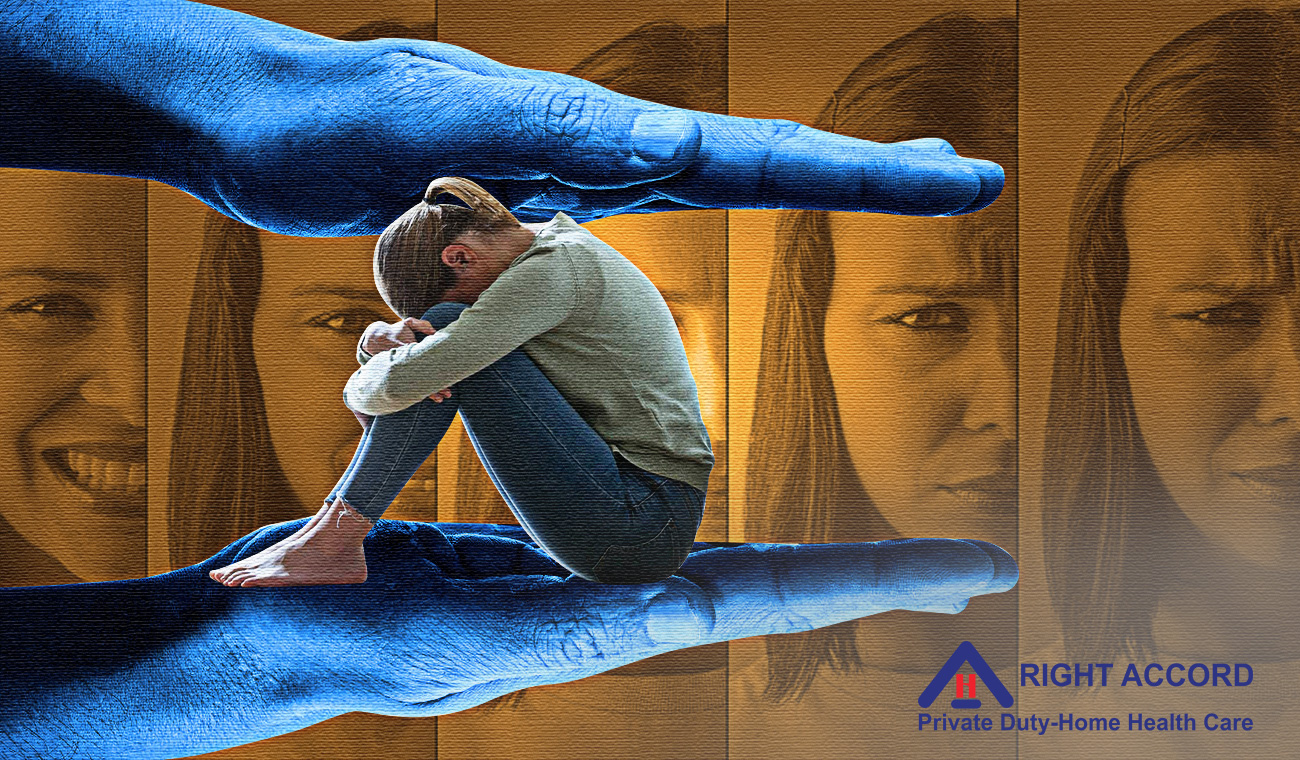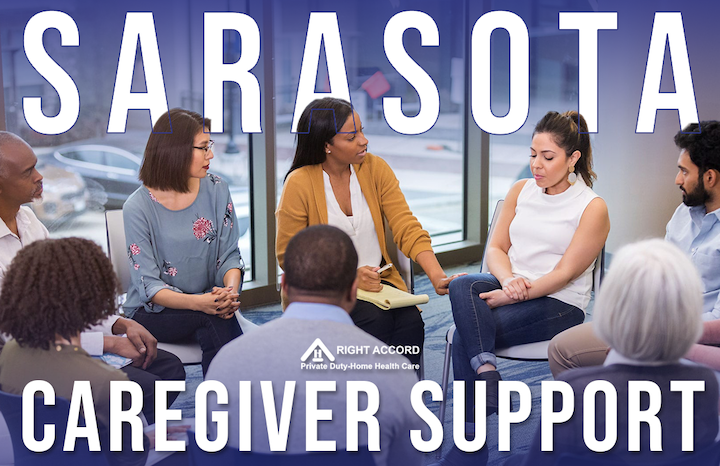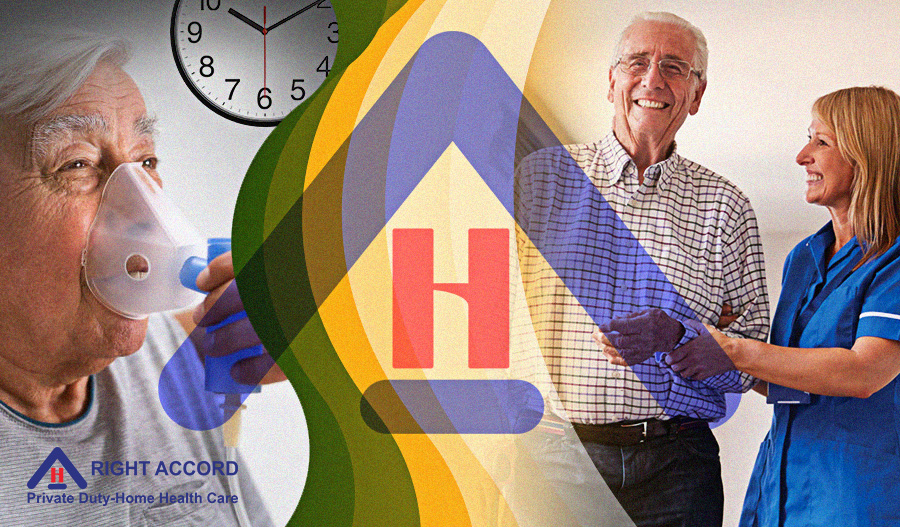· 6 min read
5 Best Practices in Caring for Elderly with Terminal Illness
Taking care of the elderly is a challenging task, but it is even more difficult when the elderly are terminally ill. Here are some best tips to help you cope.
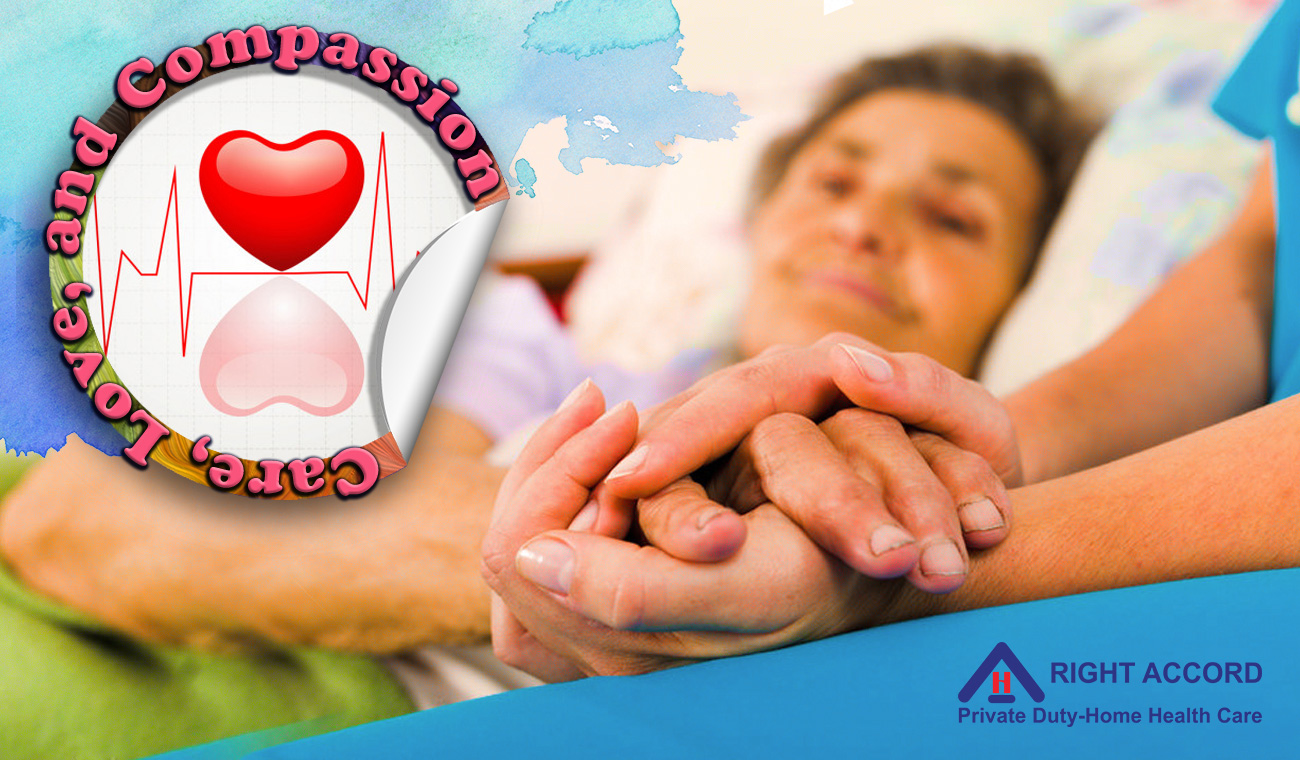
By: Rosemarie Tamunday Casanova — RN, BSN, MHA
Providing care for the elderly can be a huge challenge on its own, but it is even more challenging when emotional obstacles are involved. This occurs when family members or relatives care for the elderly person at home rather than placing them in an adult care or nursing facility.
When the elderly you are caring for is suffering from a terminal illness, you are faced with even greater emotional difficulties. You could be overwhelmed by emotions from both ends, which could interfere with your efforts to provide quality care.
Caring for Terminally Ill Elders
Elderly people often depend on their children to care for them in their final stage of life. With their own jobs to attend to, however, it is often necessary for them to keep a proper daily schedule in order to ensure their needs are met. The treatment procedure can only do so much if their diseases are considered terminal. You can, however, provide them with an efficient daily care and nursing that will suffice for their needs.
Coping with Depression
According to a clinical and research study, 25 percent of patients suffering from terminal disease suffer from depression for various reasons related to their illness. In addition to terminal illnesses, depression is a common problem for elderly people. They feel dependent, incapable of getting back on their feet, and burdensome to their families. This is a natural and emotional part of the aging process.
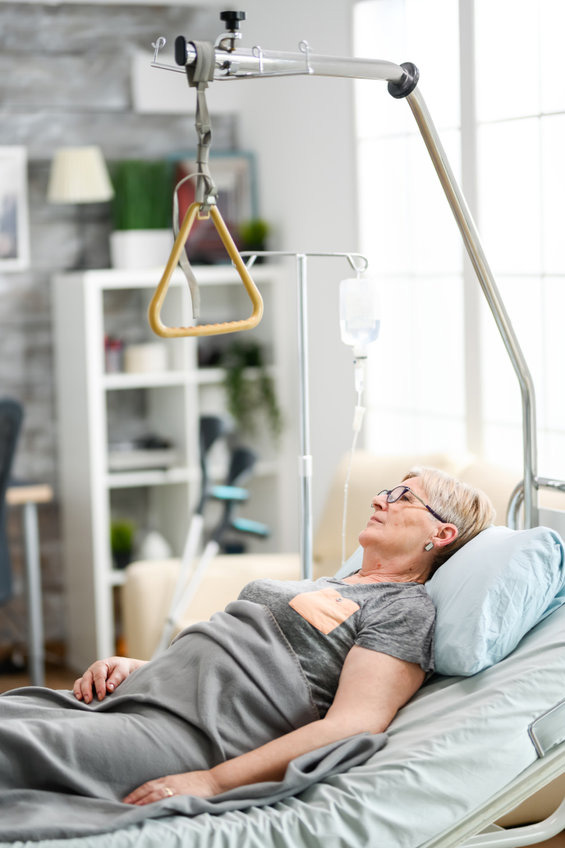
Many families prefer in-home elderly care, despite the difficulties of providing such care, than allowing their elderly loved ones to reside in facilities such as nursing homes or sheltered housing. By doing this, the older person’s depression is reduced, and the concern of his or her family is reinforced. However, that still doesn’t solve the problem of depression associated with terminal illness.
Every family member needs care at home when their parents or any elderly relatives need it. Local families and individuals are transformed into professionals who offer senior care.
When one has such a responsibility, the individual will be required to provide 24 hour non-stop care, especially for people with special needs that need extra attention. The considerable demands of elderly care can result in too much stress for some people, causing depression.
A good way of managing depression is by providing the appropriate medical and therapeutic services. Given the fact that it is a terminal illness, the chances of healing are limited. However, knowing that you are doing your best to cure their condition minimizes the feeling of depression in an elderly person. Why is that? Through their understanding that every effort is made to find a cure, they are able to achieve this goal. The effort to try to find a cure is typically what helps alleviate depression, not the ability to find one.
As one might imagine, caring for aging parents poses a major challenge to an individual’s emotional and physical stability, especially if that individual lacks proper health care knowledge. Stress comes from the need to meet the demand of caring for the elderly and the inability to meet one’s own personal needs.
In fact, this deprivation can have profound effects on a person, which is why supporting each other constantly within the family is extremely important. In case you’re the one feeling the strain of having to take care of your aging parent, ask your siblings to help by taking their share of the work. If you are an only child, then hiring professional care should help you get out of this stressful and depressing situation.

Photo by Bermix Studio on Unsplash
Coping With Costs and Financial Demands
Given the many needs that must be met when caring for an elder, there is no doubt that it would be quite a financial challenge - from meal preparation to medications, from hiring a professional senior care company to so much more. The following are suggestions to make caring for your elderly parents more affordable and manageable financially:
- Create a plan to reduce costs, determine whether home-care is more practical or if you should join them in a nursing home for professional elder care. But before you make a decision, you should speak to your elderly parents to ensure that they agree.
- Invite every member of your family to contribute. By doing so, all resources for care can be provided, without putting tremendous financial pressure on a single individual.
- When purchasing medications, try purchasing generic medications to save a few dollars. Additionally, search for senior discounts, which can be beneficial if you are buying large quantities.
- Make sure you take care of your body. You would not want to become ill yourself and add to the already rising expenses.

Keeping Emotional Balance
When caring for elders in terminal situations, two forms of emotion often overwhelm caregivers: pity and compassion. Having the ability to balance these emotions is essential to ensuring that you are able to provide the best quality of service to a terminally ill elder you are caring for. When you feel pity for the elder, you will feel sorry for him, while compassion allows you to become more aware of and responsive to his needs.
Consider these important factors to keep your emotions in check while providing quality senior care and nursing:
- Do your best to give attention to the needs of the elderly people you are caring for instead of getting caught up in emotions.
- Rather than focusing on what you cannot change, think of what you can do now to help enrich their lives.
- Let them enjoy their remaining days to the fullest.
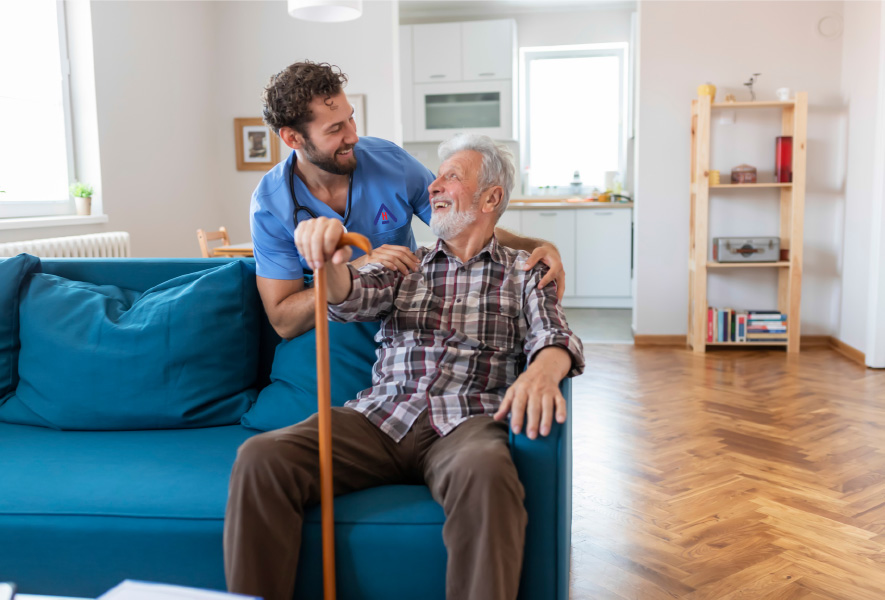
Seeking Outside Help
Recent studies indicate that most American families do not pay for senior care services. Rather than pay for care for their elderly loved ones, they care for them themselves at home, juggling work and other responsibilities. As you have so many things to do, it is really difficult to provide quality care and service to older family members, which adds to the pressure.
What every family must know, however, is that there are ways to get help. There is a wide range of elder care services available to reduce the workload for you and ease your elder’s care. You can hire a senior care professional to come to your home or put your elderly loved ones in a sheltered accommodation with skilled caregivers.

